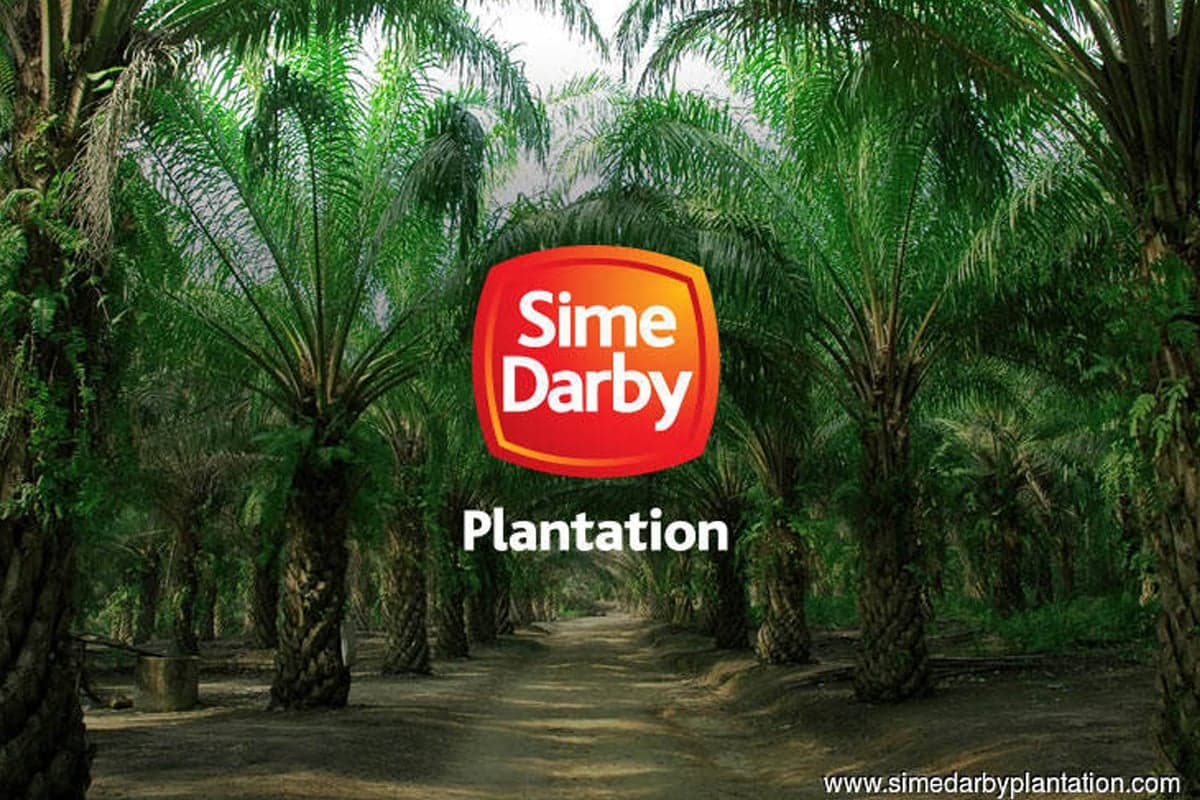
KUALA LUMPUR (Feb 17): The labour shortage problem at Sime Darby Plantation Bhd, the world's largest palm oil producer, is expected to be resolved by the first half of this year (1H2023), according to managing director Mohamad Helmy Othman Basha.
"We hope that the labour shortage problem will be solved by May or June this year. Currently, we are taking in foreign workers from Indonesia, most of whom are harvest workers, and we hope to get about 5,000 more workers in the first half of this year," he said at the company's results press conference held virtually on Friday (Feb 17) for the fourth quarter ended Dec 31, 2022 (4QFY2022).
About 65% of Sime Darby Plantation's workers are foreigners, while the rest are locals, he said.
The company found that border closures since the Covid-19 outbreak in 2020 made it difficult to hire foreign workers.
Despite this, Mohamad Helmy said, the company has managed to hire nearly 9,000 local workers to date. “We want to reduce dependence on foreign labour. We will take further initiatives to attract more locals," he added.
For 4QFY2022, Sime Darby Plantation’s net profit jumped to RM562 million from RM467 million a year earlier, mainly driven by lower non-recurring losses and lower tax charges.
Revenue for 4QFY2022 increased to RM5.67 billion, from RM5.55 billion a year ago.
For FY2022, net profit rose to RM2.49 billion from RM2.25 billion previously, as revenue increased to RM21.03 billion from RM18.69 billion, bolstered by higher contributions from the group’s other operations, arising from gains on disposal of land in Malaysia, as well as the “earn out” settlement for the disposal of a former subsidiary in Liberia.
The group declared a fourth interim dividend of 6.04 sen per share, bringing the total dividend payout for FY2022 to 16.04 sen per share.
Regarding the European Union's (EU) ban on the import of several products, including palm oil, beef, soy, coffee, cocoa and timber, Mohamad Helmy stressed that the company "has committed [to] and declared a no deforestation policy".
"Even with this new EU legislation, it is not an issue for us," he said, adding that the EU market only accounts for about 13% of the group's exports.
Last month, Deputy Prime Minister and Plantations and Commodities Minister Datuk Seri Fadillah Yusof said Malaysia may stop palm oil exports to the EU in retaliation for the trade bloc's new deforestation rules.
He said this is one of the options Malaysia would consider to deal with the EU's negative palm oil campaign, which has gone up a notch in recent years.
In December, the EU agreed to ban the import of various products, such as palm oil, beef, soy, coffee, cocoa and timber, which shall be identified as "drivers of deforestation" if they come from land deforested after Dec 31, 2020.
The EU will have to formally adopt the regulation before it can take effect, and traders have 18 months to implement the rules.
Shares in Sime Darby Plantation closed flat at RM4.35 on Friday, giving the group a market value of RM30.08 billion.